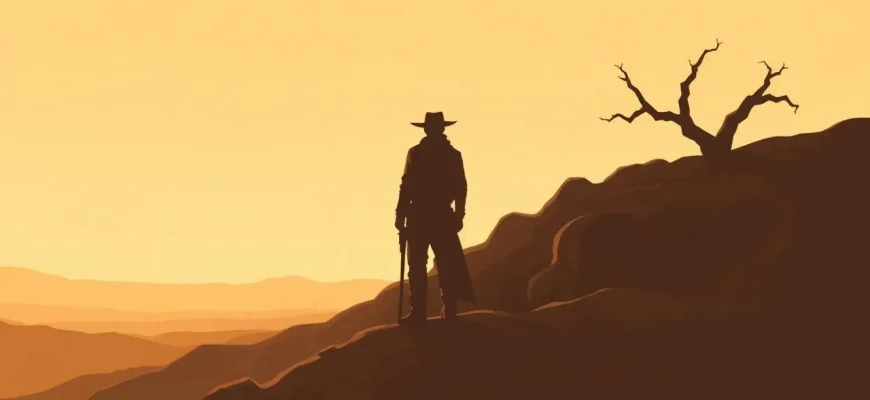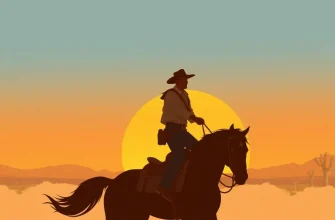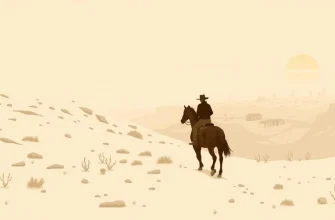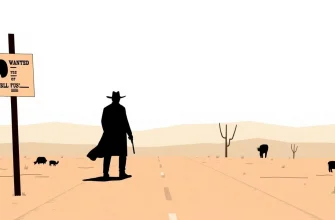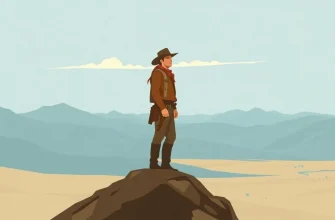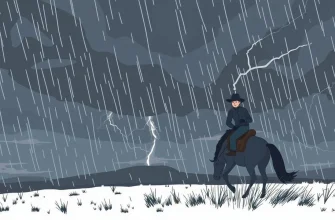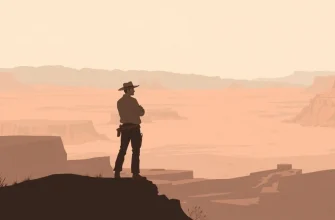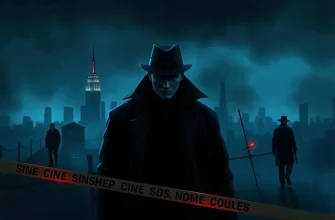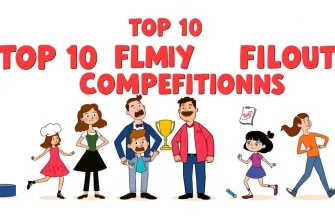The Wild West was a place of lawlessness, where the line between right and wrong was often blurred. These films delve into the trials and tribulations faced by characters in this unforgiving landscape, offering a mix of action, drama, and moral quandaries. Whether it's a physical journey through harsh terrain or an internal struggle with one's own principles, these Westerns showcase the resilience and spirit of those who dared to live in such times.

High Noon (1952)
Description: Marshal Will Kane must face a gang of killers alone after the townsfolk refuse to help him, testing his resolve and the town's moral fiber.
Fact: The film was shot in real-time, with the entire story unfolding in the 85 minutes before noon. It was also banned in some places due to its perceived anti-McCarthyism themes.
 Watch Now
Watch Now 
Shane (1953)
Description: A mysterious gunfighter, Shane, tries to leave his violent past behind but is drawn into a conflict between homesteaders and a ruthless cattle baron.
Fact: The film is often cited for its influence on the Western genre, with its themes of heroism, sacrifice, and the mythic West.
 Watch Now
Watch Now 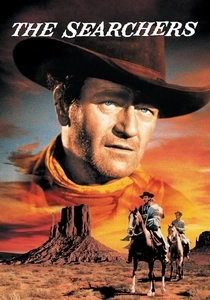
The Searchers (1956)
Description: Ethan Edwards, a Confederate veteran, embarks on a relentless quest to rescue his niece from Comanche kidnappers, facing both external dangers and his own dark prejudices.
Fact: John Ford's masterpiece was shot in Monument Valley, which has become synonymous with the Western genre. The film was also one of the first to explore themes of racism and revenge.
 Watch Now
Watch Now 
The Magnificent Seven (1960)
Description: Seven gunfighters are hired to protect a small Mexican village from bandits, facing numerous trials in their quest to save the town.
Fact: This film is a remake of Akira Kurosawa's "Seven Samurai," adapting the story to the Western setting.
 Watch Now
Watch Now 
The Man Who Shot Liberty Valance (1962)
Description: A lawyer and a rancher face off against a notorious outlaw, exploring themes of heroism, truth, and the myth-making of the West.
Fact: The film famously ends with the line, "When the legend becomes fact, print the legend," reflecting on the nature of Western storytelling.
 Watch Now
Watch Now 
True Grit (1969)
Description: A young girl hires the tough, aging U.S. Marshal Rooster Cogburn to track down her father's murderer, leading to a journey of personal growth and justice.
Fact: John Wayne won his only Oscar for his role as Rooster Cogburn. The film was remade in 2010 by the Coen Brothers.
 Watch Now
Watch Now 
The Wild Bunch (1969)
Description: An aging group of outlaws faces the end of their era, dealing with betrayal, violence, and the harsh realities of their chosen path.
Fact: The film was groundbreaking for its time due to its graphic violence and portrayal of the decline of the Old West.
 Watch Now
Watch Now 
The Outlaw Josey Wales (1976)
Description: After his family is murdered, Josey Wales becomes an outlaw, leading a group of misfits through trials of survival and redemption.
Fact: Clint Eastwood's character was inspired by a real-life Confederate guerrilla fighter. The film also features one of the most iconic lines in Western cinema: "Dyin' ain't much of a livin', boy."
 Watch Now
Watch Now 
Unforgiven (1992)
Description: Aging gunfighter William Munny takes one last job, confronting his past sins and the harsh realities of violence in a town ruled by a tyrannical sheriff.
Fact: Clint Eastwood not only starred in but also directed this film, winning Oscars for Best Picture and Best Director. It's often cited as a revisionist Western, challenging the genre's traditional glorification of violence.
 Watch Now
Watch Now 
Open Range (2003)
Description: Two free-grazing cattlemen face off against a ruthless land baron, testing their friendship, courage, and the very essence of freedom.
Fact: Kevin Costner, who directed and starred in the film, aimed to capture the essence of traditional Westerns while exploring themes of justice and honor.
 Watch Now
Watch Now 
